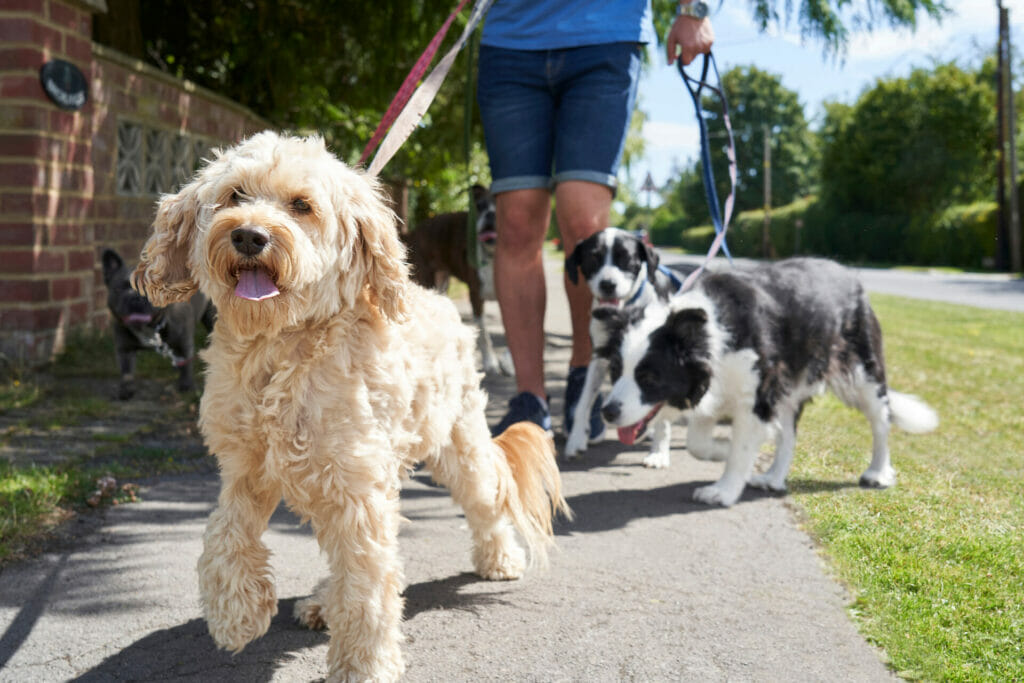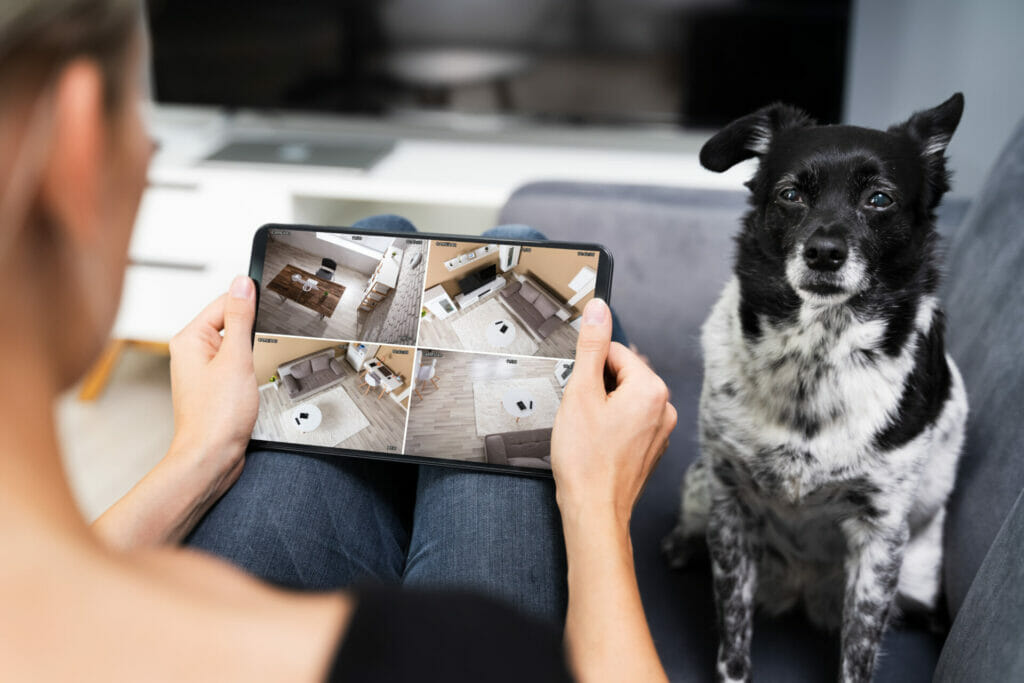Dogs aren’t the only ones who can get separation anxiety. Because of the deep relationships we form with our dogs, some people develop separation anxiety about being away from their dogs. This separation anxiety has become increasingly common for many dog owners in recent years. Just like many dogs developed separation anxiety during the COVID-19 pandemic, many people have as well because many of us spent an increased amount of time with our dogs, making it emotionally difficult to think about spending time away from them.
Can People Get Separation Anxiety?
As dog lovers, we are deeply bonded to our dogs, and it can feel challenging to think about spending time away from our canine best friends. Dog owners may experience separation anxiety when leaving their dogs to go to work or when they have to leave them for extended periods while traveling. In some instances, a dog owner’s separation anxiety is directly in response to a traumatizing experience in the past that occurred when they weren’t with their dog.
In other cases, it’s more general anxiety rooted in their deep love and care for their dogs or because of having heard about bad things happening to other dogs when their owners were away. Dogs can feel like an extension of our very being, and being away from them can feel impossible. For some dog owners, it can feel tough to think about spending time away from their dogs by choice to go on vacation, even if it’s something you’re looking forward to.
Find Qualified Caregivers:
One of the best strategies for managing your separation anxiety when it comes to spending time away from your dog is to ensure that the people you are entrusting your dog’s care to are qualified and experienced. Don’t be afraid to interview multiple potential caregivers for your dog to find someone you feel comfortable with and with the skills necessary to care for your dog appropriately. This is especially important if your dog has physical or behavioral special needs. Check references for any potential pet sitter or dog walker before hiring them.

You’ll also want to train any walkers/sitters to care for your dog correctly. Pushing through your fears of being away from your dog and having things go well can go a long way toward working through separation anxiety. Start slow with being out for a short period and have a dog walker or pet sitter come to spend time with your dog. Then, take a short trip away before planning a more extended trip. Before leaving, set boundaries with your dog walker or pet sitter, letting them know how to care for your dog, their favorite treats, and any limits you might have for things you don’t want them to do or places they shouldn’t take your dog.
It’s Good for Your Dog:
If you feel overwhelmed by being away from your dog, it can be helpful to think about going away as something you are doing for your dog. Spending time away from your dog isn’t selfish, even if you go on a fun vacation. Spending time away from your dog is even beneficial for your dog. Your dog building relationships with other people and having positive experiences with new people can help your dog’s confidence and yours. It’s healthy for our dogs to form positive relationships with others, and a great way to foster that is by having them spend time with dog walkers or pet sitters. This can also help prevent your dog from developing separation anxiety.
Add Tech:
If you’re struggling with separation anxiety at the thought of being away from your dog, adding dog-focused technology can help alleviate some of your concerns. There are a variety of puppy cams or home security cameras which work on WIFI and can allow you to see your dog while you aren’t home. Using an app on your phone to watch what your dog is doing can help alleviate the anxiety you might be feeling with being away from your dog.

You might also want to consider getting your dog a GPS/activity tracker for their collar, which allows you always to see your dog’s location on a map-based app. You can also get push alerts to your phone if your dog leaves a safe area, such as your home or a dog daycare facility. This dog-focused technology can help alleviate anxiety for dog owners struggling with separation anxiety because it gives you more information about how your dog is doing, which can help reduce stress.
Check-Ins:
If you’re traveling without your dog and feeling anxious about being away, checking in on how your dog is doing is always ok. Be upfront with whoever cares about your dog about what kind of communication you need. It’s perfectly ok to ask for your dog walker or pet sitter to send regular updates, including photos about how your dog behaves and what they are doing. Getting updates, where you can get confirmation that your dog is doing well while you are away, can help manage your separation anxiety.
Avoid Horror Stories:
While you want to do everything possible to ensure your dog’s safety, it’s not helpful for your mental health and anxiety to focus on all the things that can go wrong, as these only feed into your separation anxiety. Remember, your dog is being well cared for. Try not to obsess about the things that could go wrong. Watching videos about bad things happening to dogs won’t help your separation anxiety and can make you more worried about something going wrong. Instead, focus on feel-good stories about dogs and try to steer clear of upsetting dog news.
Get Support:
There is nothing wrong with being anxious and upset about being away from your dog. To help, surround yourself with people who understand your specific relationship with your dog. If you know that someone is dismissive of how hard it is for you to be away from your dog, try not to talk with these individuals about your worries. Instead, lean on people who are supportive and understand the special relationship you have with your dog.




















